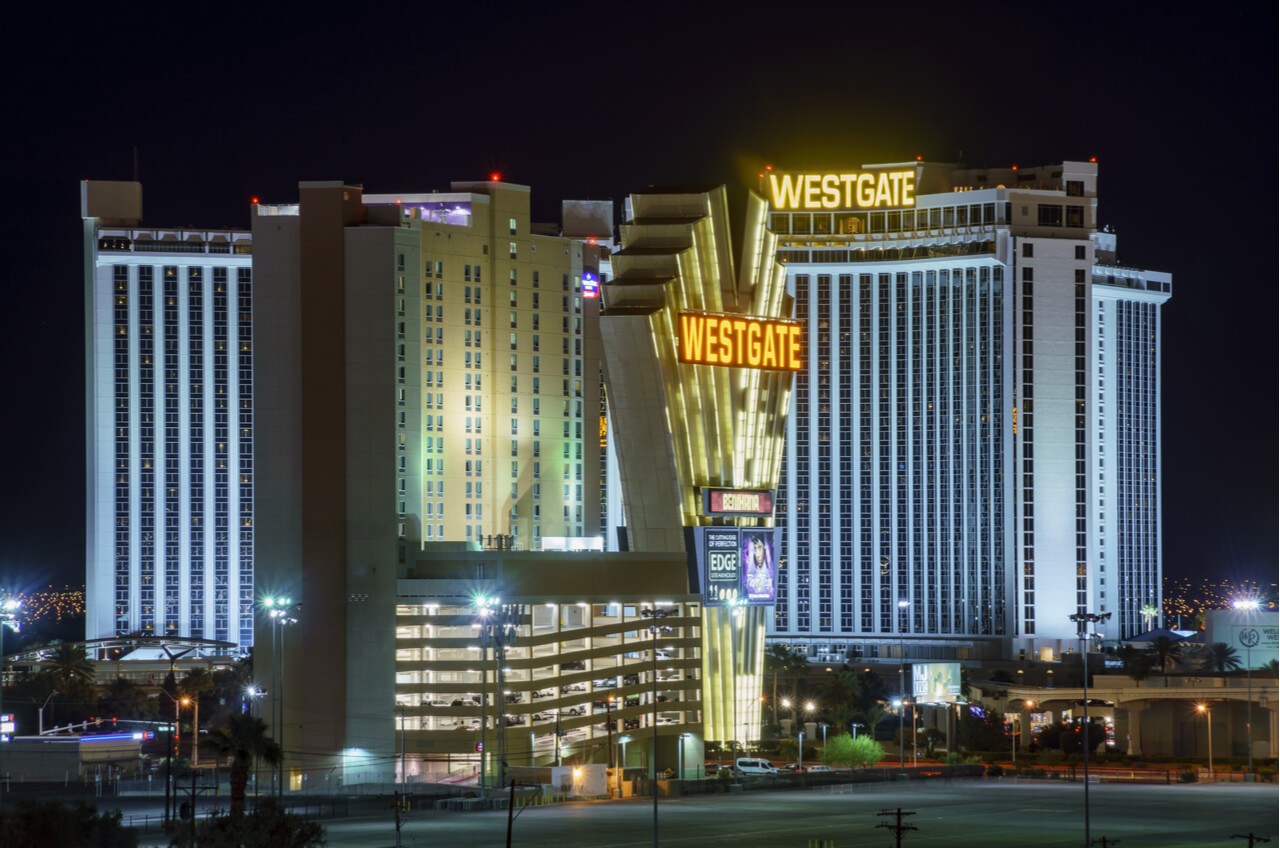
[toc]One can gauge the popularity of sports betting in the country by looking at the Westgate Casino in Las Vegas. This casino houses the world’s most famous sports book and hosts the most prestigious betting contest globally, the SuperContest.
The NFL betting contest consistently holds high significance. However, this year it’s even more massive, with a 48 percent increase in participation. A record-shattering 2,748 entries are competing to be the top gambler.
SuperContest winner earns $1.3 million
Given the large number of teams, it’s clear that the prize pool is also record breaking. Entry to play costs $1,500. From this amount, $120 is allocated for administration costs, with the remaining sum contributing to the prize pool.
The contest operates in a fairly straightforward manner. Every week, participants select five NFL games to “wager” on, using the spread as a guide. A point is awarded for each correct prediction.
Damon Graham emerged as the winner of last year’s contest with a success rate of 65 percent, achieving a record of 54-28-3 during the regular season. He outperformed 1,854 competitors to earn a prize of $895,481.
For the first time in history, the champion of this year’s competition will receive a payday in the millions. The highest prize is exactly $1,327,248.
Despite the astronomical growth in field size, the number of places receiving payouts remains unchanged this year, just as in previous years where the top 50 entries were paid. Thus, one constant this year is the number of paid positions.
Interestingly, several entries had a poor start. All the top five most selected games were lost.
Westgate launched high buy-in SuperContest Gold
The launch of SuperContest Gold, a $5,000 buy-in version from the Westgate, serves as further proof of the surging popularity of sports betting.
The first competition attracted 94 participants. It operates on a winner-take-all basis, with the victor receiving a prize of $420,000.
What caused the spike in SuperContest entries?
The overnight growth of the SuperContest cannot be attributed to a single reason. Rather, there are several factors that have contributed to its expansion.
The increasing popularity of proxy services is the first thing to note. The realization that physical presence in Las Vegas was not necessary to participate led to a surge in proxy entrants. Now, the contest is equally accessible to amateur football enthusiasts in the Midwest pooling funds as it is to professional gamblers in Nevada.
Another contributing factor is the surge in betting popularity owing to mobile betting apps. These apps simplify the process of placing small bets to just a few button presses. The convenience of not having to physically go to the sports book to place a bet has significantly expanded the market. Moreover, the ability to place relatively small bets has attracted a whole new type of customer to sports betting.
One might assert that daily fantasy sports (DFS) have contributed to an increased interest. Even though the industry insists it’s not about gambling, the research carried out on players also benefits bettors.
In conclusion, betting has become increasingly prevalent in sports media. Even prominent platforms like ESPN present the points spread for games on their website. Broadcasters often highlight betting and mention Vegas’ predictions. Well-known media personality, Bill Simmons, even has a podcast on his popular site, The Ringer, that focuses on predicting game outcomes based on the spread.
The normalization of sports betting appears to be progressing. Figures from the American Gaming Association indicate that sports fans placed legal and illegal bets amounting to $4.7 billion on the Super Bowl alone.
Will this popularity impact the SCOTUS case?
The sports betting industry seems to be gaining momentum with the increasing interest of many people. A favorable ruling from the Supreme Court could be the catalyst that really sets things in motion.
Briefs related to the imminent SCOTUS sports betting case in New Jersey were filed a few weeks ago by the involved parties. The case primarily revolves around New Jersey questioning the constitutionality of the Professional and Amateur Sports Protection Act (PASPA).
The lower courts have consistently supported the leagues until now. However, the court would not consider the case if they did not believe it had substance. A verdict will not be rendered until the beginning of next year. Should the ruling favor New Jersey, it could potentially legalize this multi-billion industry in any state that desires it.
Image courtesy of Kit Leong via Shutterstock.com



